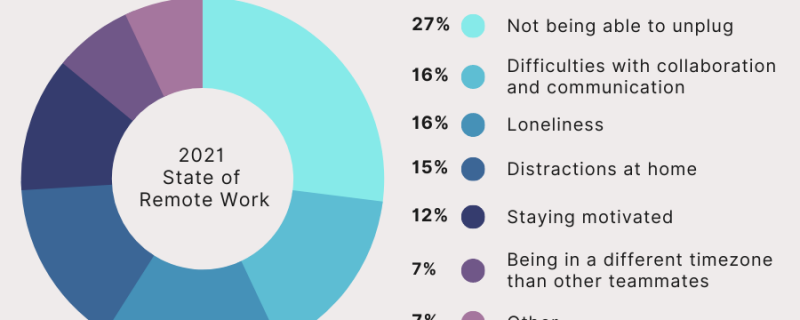Recognizing A Strong Leader
 If someone asked you, “what are the critical components of strong leadership”, what answer comes to mind? Maybe good listening skills or excellent communication would top the list. Or perhaps the ability to delegate and not micromanage. While all of those answers are spot-on, you may be surprised by one crucial component that’s often overlooked: self-reflection.
If someone asked you, “what are the critical components of strong leadership”, what answer comes to mind? Maybe good listening skills or excellent communication would top the list. Or perhaps the ability to delegate and not micromanage. While all of those answers are spot-on, you may be surprised by one crucial component that’s often overlooked: self-reflection.
If you’re in a leadership role, when was the last time you made an effort to focus on self-reflection? Or have you ever really done it or even figured out what it means? Self-reflection is taking some time to think about your thoughts, behavior, motivation and actions. The concept seems simple, but it can be surprisingly difficult to do. We’re always moving on to the next project, meeting or crisis without pausing to reflect on what happened earlier that day or that week. On the flipside, self-reflection is NOT about beating yourself up and getting stuck in the past. We can’t turn back time or erase a negative outcome, but we can learn from those experiences and change our behavior or leadership tactics moving forward.
So, why is self-reflection a key practice for leaders? It’s all about the 3 A’s: Awareness, Adaptability and Action. Let’s take a closer look:
- Awareness: Self-reflection helps leaders become aware of their strengths and weaknesses. That kind of awareness helps them better understand how they lead, teaches them to capitalize on their strengths and work on improving weaknesses.
- Adaptability: The practice of self-reflection enables leaders to gain insights from past projects, interactions and team dynamics. They’re better able to adapt, grow and respond to changes, conflicts and whatever else is thrown at them.
- Action: By practicing self-reflection, leaders learn to look at situations from a neutral perspective and set their own egos aside. This helps them see the big picture and take action where needed.
A consistent self-reflection practice pays off in so many ways for leaders and helps them:
- Set priorities and make better decisions
- Learn to use feedback for growth rather than taking it personally
- Maintain better relationships
- Communicate effectively by understanding how they come across to others
- Create a more honest and productive work environment
Taking the time to reflect has big benefits for both leaders and organizations. Yet many don’t recognize the value or know how to put it into action. That’s where working with a coach, like Leah M Joppy and Associates, can help leaders build a regular, ongoing self-reflection process. Leaders will learn how to ask effective types of reflection questions, receive personalized feedback and help set and achieve their goals. Ready to learn more? Call us at 301-670-0051 or email us at leah@lmja.com to learn more.







